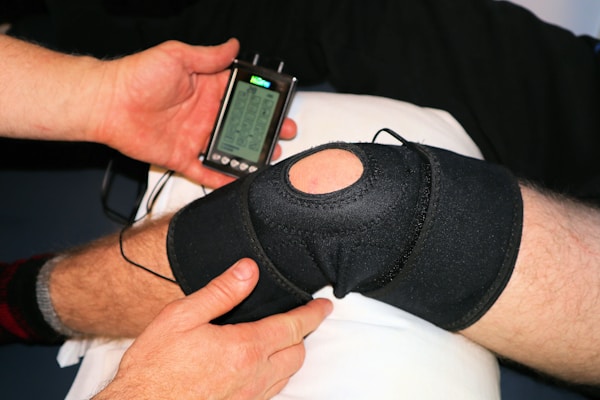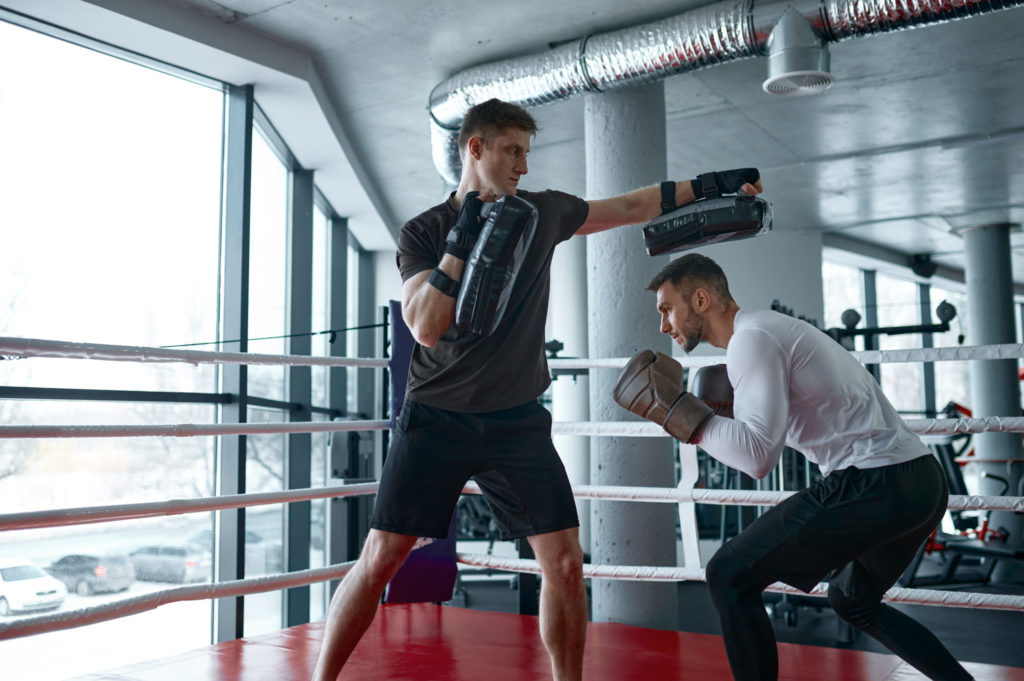There are many reasons why people want a career working with athletes. For one, athletes are often looked up to by the public and are considered role models. Working with athletes can give people the opportunity to help young people reach their goals and inspire them to do great things. Additionally, many people who work with athletes say that it is very rewarding to see them succeed. Athletes often work extremely hard to achieve their goals, and it is satisfying to be a part of their journey. Working with athletes can also be a lot of fun. However, you need to find a career that’s a good fit for your talents and strengths if you want to be successful. If you’re in need of advice, keep reading to learn about some go-to degrees and jobs for those interested in working with athletes.
What are some go-to degrees and jobs for those interested in working with athletes?

Sports psychologists study how psychological factors affect performance and develop strategies for dealing with pressure, anxiety, and other issues that can interfere with their ability to compete. The best place to start if you want to become a sports psychologist is to work towards your Bachelor of Science in Sports Psychology. You can even work towards a sports psychology degree online, which means you can work toward your degree from the comfort of your home and at your own pace. Some jobs that someone with this degree might pursue include sports psychologist, mental skills coach, or athlete development specialist.
Physical therapy is a career that involves working with a wide range of people, including athletes. Most physical therapists work in an outpatient setting, though many also provide physical therapy services at home for a variety of athletes. Physical therapy services are commonly prescribed for individuals that are recovering from an injury or surgery. Physical therapists help people restore movement and function, reduce pain, and improve their quality of life. A person’s physical therapist will work with them to create a personalized treatment plan that may include exercises, stretches, manual therapies, and modalities such as heat or cold.
Exercise science is the study of how the body responds to and adapts to physical activity and exercise. It can encompass everything from biomechanics and physiology to nutrition and sports psychology. Once you have your degree, there are many different jobs you could pursue, such as a strength and conditioning coach, personal trainer, or physical therapist.
How can you prepare to start a degree program?

Before you start school, you’ll need to create a space at home where you can work and study. This is particularly important if you’re interested in an online degree program. This can be a small corner in a bedroom or even a separate room that you can use specifically for studying. If you have the space, you can also set up a desk and chair so that you have a designated work area. Don’t forget to include decor, plants make a perfect addition to any office space, as research shows they can even boost concentration and focus. You’ll be more likely to stay on top of your coursework if you have a place where you can work at home.
There’s no question that money management is a major life skill. The sooner you start developing good money management habits, the better off you’ll be when you head off to college—a time when you’ll likely have more financial responsibilities than ever before. One of the best ways to start managing your money is to create a budget. This will track your spending and make sure you’re not overspending on unnecessary things. There are plenty of online tools and apps that can help you create a budget, or you can use a simple spreadsheet. Stay patient and be persistent—it takes time to become more fiscally responsible.
As you can see, a career in sports can be rewarding and there are many jobs to consider if you want a career working with athletes. For example, physical therapists help people who are injured or have a disability regain movement and function. You could also assist on the mental side by working in sports psychology. These are just two examples, but there are hundreds of possible careers in the sports world that you could pursue. With so many careers to choose from, you should think hard about your interests and talents when deciding what type of position you want. Follow the advice in this article and you’ll be well on your way to getting the job of your dreams.














